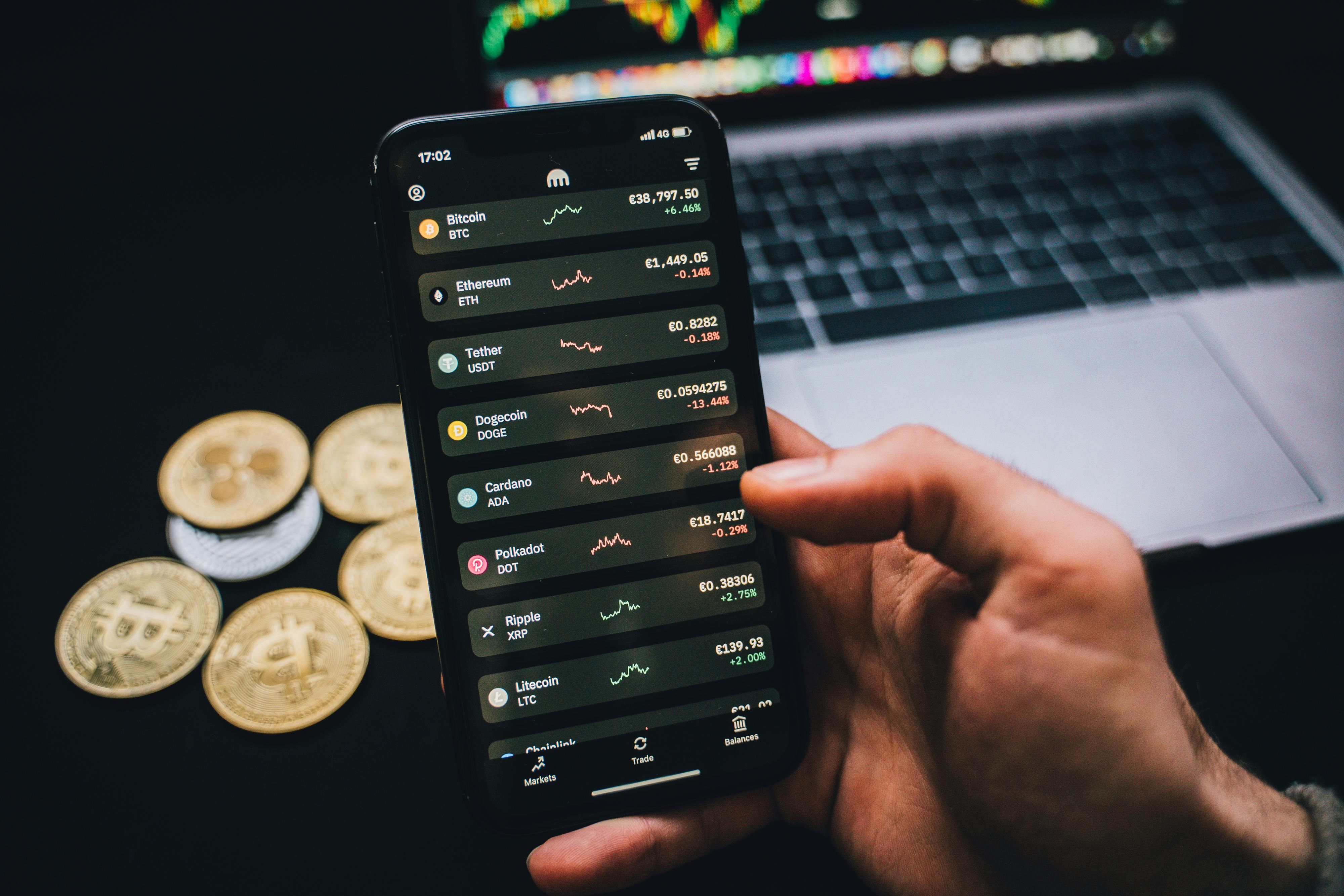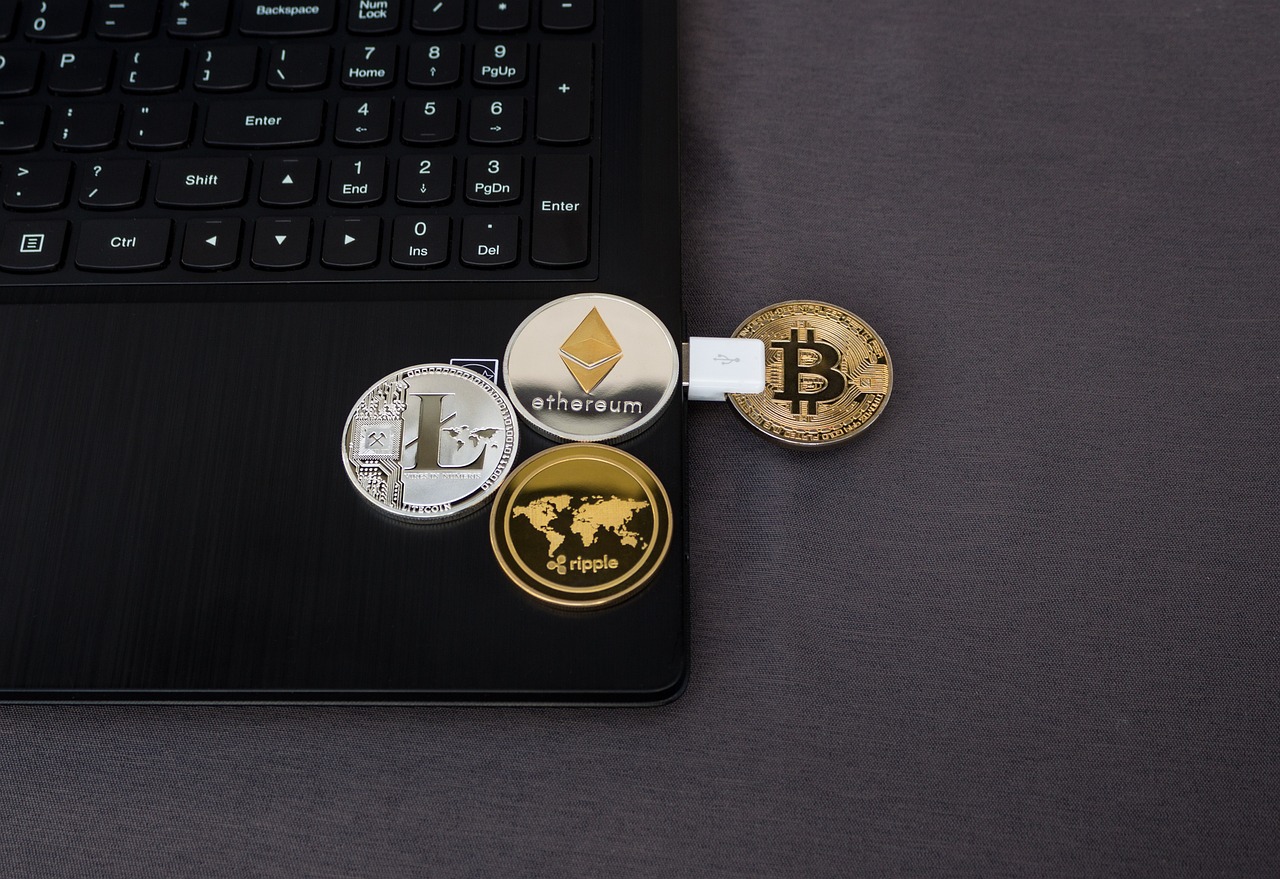Crypto wallets are the primary means of storing and managing digital assets, including Bitcoin, Ethereum, and Litecoin.
While these wallets provide an efficient way to control and easily transfer assets, they are not without risks, especially with the growing security threats associated with hacking and theft of private keys.
Any crypto user needs to understand that security depends not only on the type of wallet used, but also on how it is handled.
Choosing a reliable wallet, storing private keys securely, and avoiding common mistakes are all essential steps to mitigate risk. It’s not about fear, it’s about awareness; knowing how to protect your assets is what makes all the difference.
Table of Contents

What is a crypto wallet?
A crypto wallet is a digital tool that allows users to store, manage, and easily conduct transactions with their digital assets. These wallets vary in form and function, and are mainly divided into three main types:
Hardware wallets, software wallets, and web wallets
- Hardware wallets rely on physical devices that store private keys offline, giving them an additional layer of security against cyber attacks.
- In contrast, software wallets offer greater flexibility, as they are installed as applications on computers or smartphones, allowing users to manage their assets at any time.
- Web wallets are services hosted by third parties and accessible via browsers. They are often used due to their ease of use, although they require greater trust in the service provider.

Basic practices to enhance wallet security
When using crypto wallets, the first step toward securing your funds begins with choosing a reliable wallet.
It’s essential to choose a wallet with a proven security record, one that has undergone independent reviews and audits, and one backed by an active development team that continually improves and fixes vulnerabilities.
Hardware wallets, which operate offline, are considered one of the most secure options, as they significantly reduce the risk of hacking or theft.
Keeping your private keys safe is essential, as they provide full access to your funds. Private keys should never be shared with anyone, and it’s best not to store them on devices connected to the internet.
The most secure solutions include using a hardware or software wallet that offers additional layers of protection, such as strong encryption and two-factor authentication.
Passwords also form the first line of defense against unauthorized access. It’s important to choose complex and unique passwords and avoid using personal information that can be easily guessed.
It’s also recommended not to reuse the same password across multiple services. To ensure secure and effective password management, you can use password management software.
Regularly updating your wallet software is equally important. With each update, newly discovered security vulnerabilities are often addressed, and new improvements are added to enhance security and stability.
Neglecting to update can leave your wallet vulnerable to attacks that could have been easily prevented. Additionally, keeping a backup of your wallet is an essential preventative measure.
If your device is damaged, lost, or hacked, a backup copy allows you to recover your funds without loss. It’s best to keep this copy in a secure, offline location, like a secure external storage device.
Finally, caution should be exercised when using digital wallets on public Wi-Fi networks. These networks are often a breeding ground for eavesdropping and hacking attacks, and could allow attackers to access sensitive information or steal your private keys. It’s always best to use a secure, private network, or at least a reliable VPN, when connecting to a public network.
Among the most widely used methods for stealing crypto, phishing attacks stand out as one of the most dangerous.
Attackers send emails or text messages that appear to be from official entities or well-known services, requesting sensitive information such as private keys or login credentials.
These messages may be carefully designed to convince the user that they are legitimate, making it easy to fall into a trap. Therefore, you should always exercise caution and verify the source of any communication before interacting with it. Do not disclose any confidential information until you are fully certain of the identity of the contact.
In this context, the golden rule is: no one needs your private keys but you, and anyone who requests them—directly or indirectly—should be treated as a potential threat.

Storage types
When it comes to storing cryptocurrencies, there are many options available, but they can be basically classified into two main types of storage systems: custodial and non-custodial.
Each of these two systems in turn includes two types of wallets: hot wallets and cold wallets.
Choosing between these types depends on the level of security required and ease of access to assets. The following will discuss the details of each type to help you understand the differences and choose the one that best suits your needs.
Custodial and Non-Custodial Wallets
Digital wallets are divided into two types based on the entity responsible for managing them: custodial wallets and non-custodial wallets.
Custodial wallets are managed by a third party, often centralized exchanges, that holds private keys on behalf of the user.
In this case, the custodian is responsible for safeguarding and securing the assets, and some offer insurance against security incidents, which provides a sense of reassurance to investors.
However, relying on an intermediary is not without risks. Custodial wallets are prime targets for hackers, given the large amounts of assets they contain.
This has prompted operators to adopt more stringent defensive strategies, such as transferring private keys to a cold storage wallet that is difficult to access online.
On the other hand, non-custodial wallets are those in which the user has full control, without any third-party intermediary.
In this type, the individual holds their own private keys and is responsible for securing and managing them. As with custodial wallets, non-custodial wallets can be either hot, used daily and kept online, or cold, stored offline for increased security.
Hot wallet / Cold wallet
Hot wallets are software applications that store private keys and remain connected to the internet, making them convenient and fast to process transactions.
However, due to their constant connection to the network, they are more vulnerable to cyberattacks.
These wallets generate the public and private keys needed to access digital assets, but keeping these keys in a connected environment poses a potential vulnerability that hackers could exploit in the absence of adequate security measures.
Cold wallets, also referred to as cold storage or hardware wallets, operate completely isolated from the internet.
This isolation makes it difficult for any third party to access your private keys, significantly reducing the likelihood of a hack.
These wallets are often used to store large amounts of assets for long periods, and are preferred in situations where security is prioritized over ease of access.
In conclusion: security is your ongoing responsibility
Crypto wallet security is not just an optional extra, but a fundamental necessity to protect digital assets from increasing risks such as hacking, theft, and phishing.
Following good security practices starts with choosing a reliable wallet, storing private keys securely, using strong passwords, keeping your software up to date, performing backups, and being careful when connecting to public Wi-Fi networks.
Digital wallets are tempting targets for attackers, so they should be handled with caution and awareness.
It is recommended to use hardware wallets to store keys offline, in addition to adopting software wallets that offer encryption and two-factor authentication as additional layers of security.
It’s also important to keep up with technological and security developments in the digital wallet space, as attack methods change and new security solutions are constantly being introduced.
Staying informed and knowledgeable about the latest practices and technologies contributes to increased security and reduces the risk of exposure to threats.
Ultimately, wallets are not just for storing assets; they are also part of your personal security strategy in the crypto world.
With proper management and security awareness, you can ensure complete control over your crypto funds and secure access to them whenever you need them.
